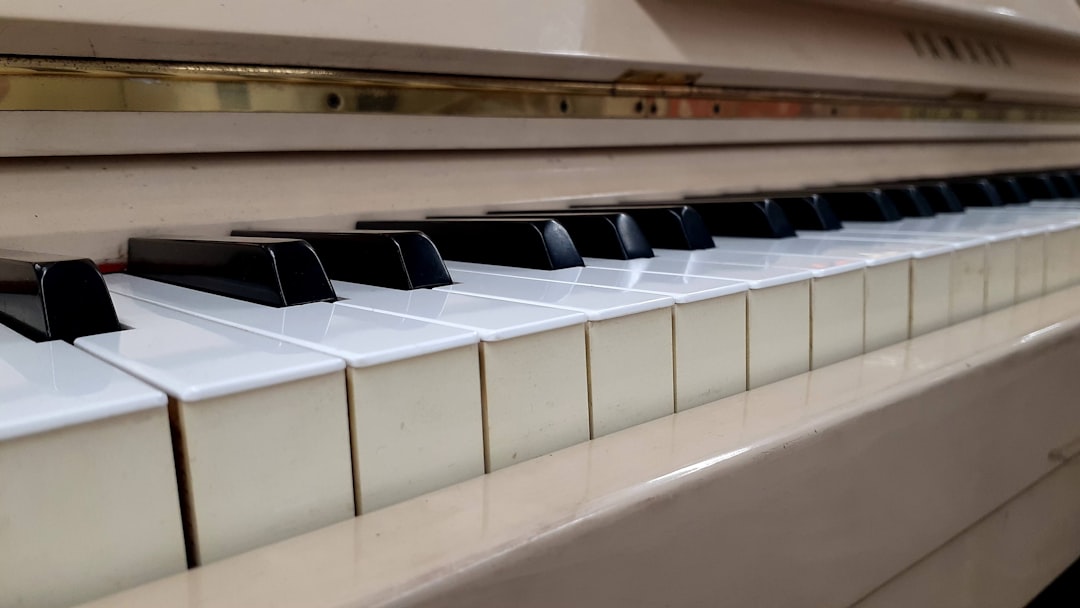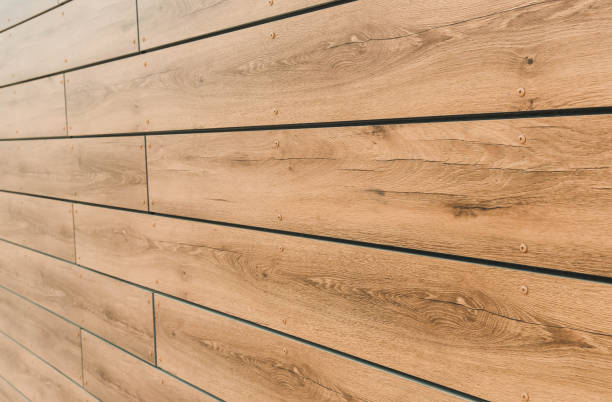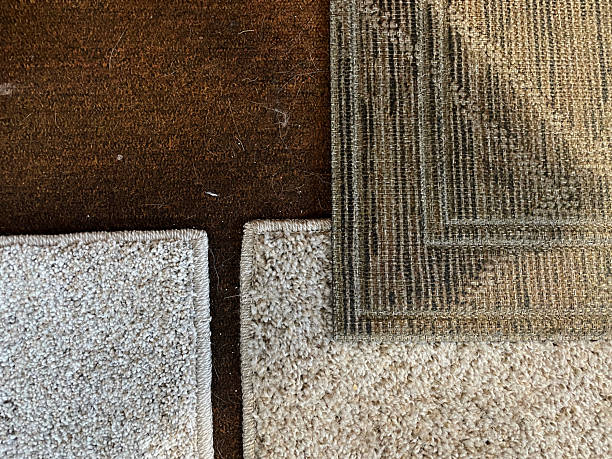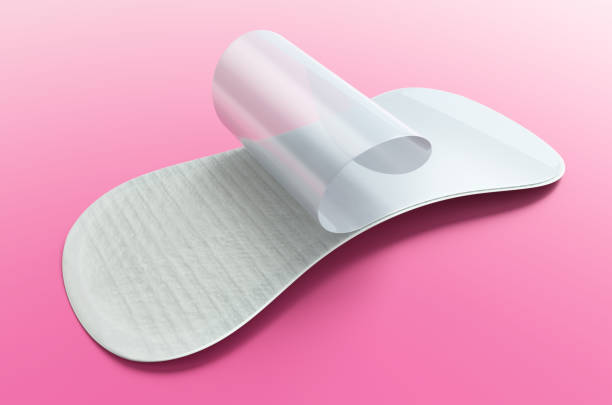The air filter in your home’s HVAC system plays a crucial role in maintaining indoor air quality, system efficiency, and overall comfort. Often overlooked, this simple component traps dust, pollen, pet dander, and other airborne particles, preventing them from circulating through your living spaces. Selecting the right air filter requires understanding filtration levels, material types, and compatibility with your HVAC system to ensure optimal performance without restricting airflow.
One of the first factors to consider is the filter’s Minimum Efficiency Reporting Value (MERV) rating, which measures its ability to capture particles. Filters with a MERV rating between 1 and 4 are basic and primarily protect the HVAC system from large debris. Those rated MERV 8 to 12 strike a balance between filtration and airflow, effectively capturing smaller particles like mold spores and dust mites without overworking the system. High-efficiency filters, such as MERV 13 and above, are excellent for households with allergy sufferers or respiratory concerns, but they may require a system upgrade to handle the increased resistance. Material composition also influences a filter’s effectiveness and lifespan. Fiberglass filters are inexpensive and disposable but offer minimal filtration, making them suitable for homes without air quality concerns. Pleated polyester or cotton filters provide better particle capture and last longer, though they may need more frequent replacement in high-dust environments. For the highest level of filtration, HEPA (High-Efficiency Particulate Air) filters remove 99.97% of particles as small as 0.3 microns, but they are typically used in standalone air purifiers rather than standard HVAC systems due to their dense construction. Another consideration is the frequency of replacement. Disposable filters should be checked monthly and replaced every 60 to 90 days, while washable electrostatic filters can be reused after cleaning, offering long-term cost savings. However, reusable filters require diligent maintenance to prevent mold or bacterial growth. Homes with pets or smokers may need more frequent changes to maintain air quality and system efficiency. Finally, ensure the filter’s size matches your HVAC system’s specifications. An improperly sized filter can allow unfiltered air to bypass the system or cause undue strain on the blower motor. Check the existing filter’s dimensions or consult your system’s manual before purchasing. By selecting an air filter with the right balance of filtration, airflow, and maintenance requirements, you can improve indoor air quality while keeping your HVAC system running smoothly. A well-chosen filter not only enhances comfort but also contributes to energy savings and the longevity of your heating and cooling equipment.



